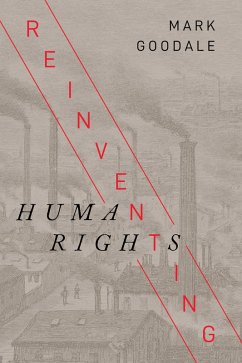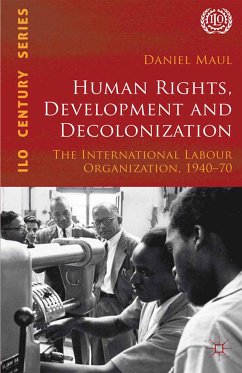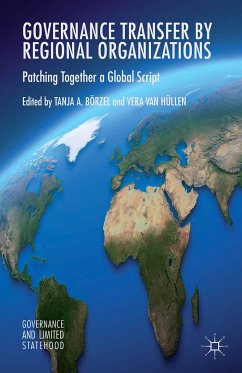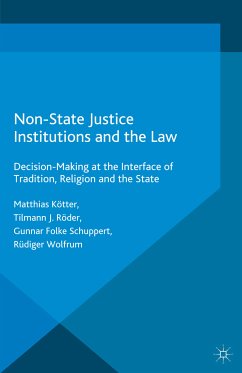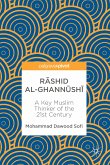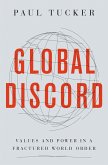A radical vision for the future of human rights as a fundamentally reconfigured framework for global justice.
Reinventing Human Rights offers a bold argument: that only a radically reformulated approach to human rights will prove adequate to confront and overcome the most consequential global problems. Charting a new path-away from either common critiques of the various incapacities of the international human rights system or advocacy for the status quo-Mark Goodale offers a new vision for human rights as a basis for collective action and moral renewal.
Goodale's proposition to reinvent human rights begins with a deep unpacking of human rights institutionalism and political theory in order to give priority to the "practice of human rights." Rather than a priori claims to universality, he calls for a working theory of human rights defined by "translocality," a conceptual and ethical grounding that invites people to form alliances beyond established boundaries of community, nation, race, or religious identity.
This book will serve as both a concrete blueprint and source of inspiration for those who want to preserve human rights as a key framework for confronting our manifold contemporary challenges, yet who agree-for many different reasons-that to do so requires radical reappraisal, imaginative reconceptualization, and a willingness to reinvent human rights as a cross-cultural foundation for both empowerment and social action.
Reinventing Human Rights offers a bold argument: that only a radically reformulated approach to human rights will prove adequate to confront and overcome the most consequential global problems. Charting a new path-away from either common critiques of the various incapacities of the international human rights system or advocacy for the status quo-Mark Goodale offers a new vision for human rights as a basis for collective action and moral renewal.
Goodale's proposition to reinvent human rights begins with a deep unpacking of human rights institutionalism and political theory in order to give priority to the "practice of human rights." Rather than a priori claims to universality, he calls for a working theory of human rights defined by "translocality," a conceptual and ethical grounding that invites people to form alliances beyond established boundaries of community, nation, race, or religious identity.
This book will serve as both a concrete blueprint and source of inspiration for those who want to preserve human rights as a key framework for confronting our manifold contemporary challenges, yet who agree-for many different reasons-that to do so requires radical reappraisal, imaginative reconceptualization, and a willingness to reinvent human rights as a cross-cultural foundation for both empowerment and social action.
Dieser Download kann aus rechtlichen Gründen nur mit Rechnungsadresse in A, D ausgeliefert werden.

